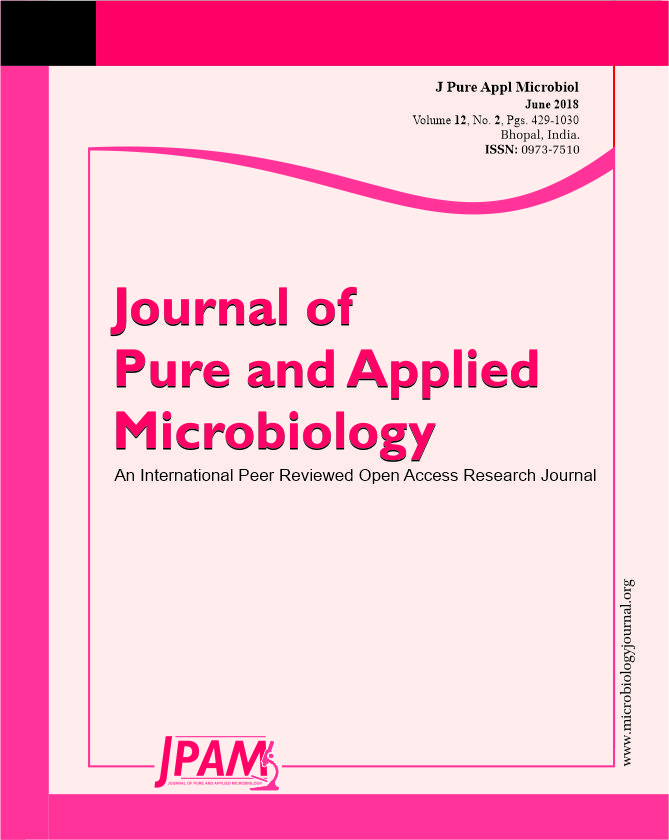Plant growth-promoting rhizobacteria (PGPR) are naturally occurring soil bacteria that colonize plant roots, which is an important environment for plant microbe interactions. PGPR have attracted special attention for their ability to enhance productivity, sustainability and profitability when food security and rural livelihood are a key priority. Chemical fertilizers used in agriculture and pathogenic microorganisms attacking plants show harmful impact on the ecosystem. The potentiality of PGPR offers an attractive way to replace the use of chemical fertilizers, pesticides and other supplements. PGPR affect plant growth and development directly or indirectly, either by releasing plant growth regulators or other biologically active substances, and uptake of nutrients through fixation and mobilization, reducing harmful effects of pathogenic microorganisms on plants and by employing multiple mechanisms of action. Besides they play an important role in soil fertility. This review intends to elucidate the diverse mechanism of plant growth promoting rhizobacteria in promoting crop production and developing sustainable agriculture.
PGPR, Siderophore, Phytohormone, Antibiosis, ISR.
© The Author(s) 2018. Open Access. This article is distributed under the terms of the Creative Commons Attribution 4.0 International License which permits unrestricted use, sharing, distribution, and reproduction in any medium, provided you give appropriate credit to the original author(s) and the source, provide a link to the Creative Commons license, and indicate if changes were made.


